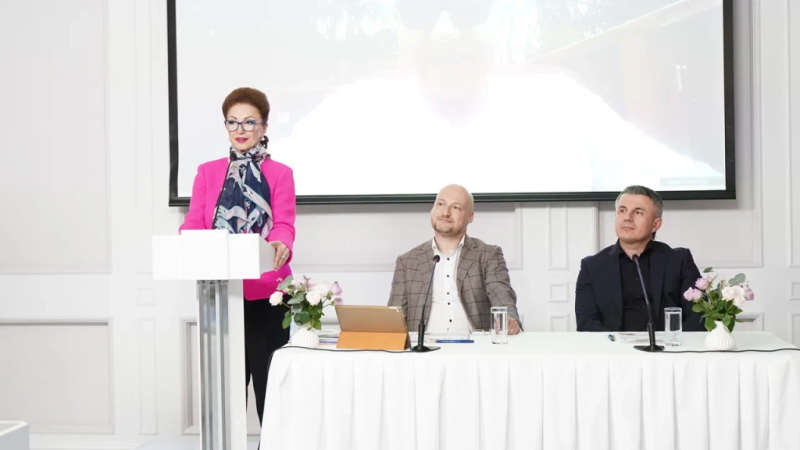
8 to 17 per cent of couples in Russia are unable to conceive

According to statistics, 15% of Russian couples that want to have a child are unable to conceive in a year. That data was shared by leading doctors overseen by Leyla Vladimirovna Adamyan, Main External Gynecologist of the Russian Healthcare Ministry, at the Sexual Health of Couples. Male Infertility Factor conference.
Today, gynecologists and urologists work together on male and female reproductive health issues.
As he pointed out, one in every three patients with fertility problems has bacterial micro-colonies covered in biofilms in their ejaculate samples. Those bacterial colonies may attach themselves to sperm cells and cause infertility.
Doctors commented that, despite there being no proven clear link between prostatitis and infertility, the infection factor and dysfunctions brought in by prostatitis increase the risk of male infertility.
Prostatitis treatment is still focused on improving microcirculatory flow in the prostate. Solving this issue improves antibiotic bioaccessibility and helps destroy biofilms, making treatment more potent.
A study was done for two groups of patients with chronic prostatitis and fertility disorders. One group received standard pathogenetic therapy in addition to bovhyaluronidase azoximer («Longidaza®»). The control group received pathogenetic therapy only.
The study showed that patients treated with «Longidaza®» had less biofilms, more active sperm cells and less pronounced fibrosis.
«Longidaza®» slows down the disease progression, reliably alleviates lower urinary tract symptoms, makes acute flareups of prostatitis less frequent and improves patients’ quality of life through long remission.


